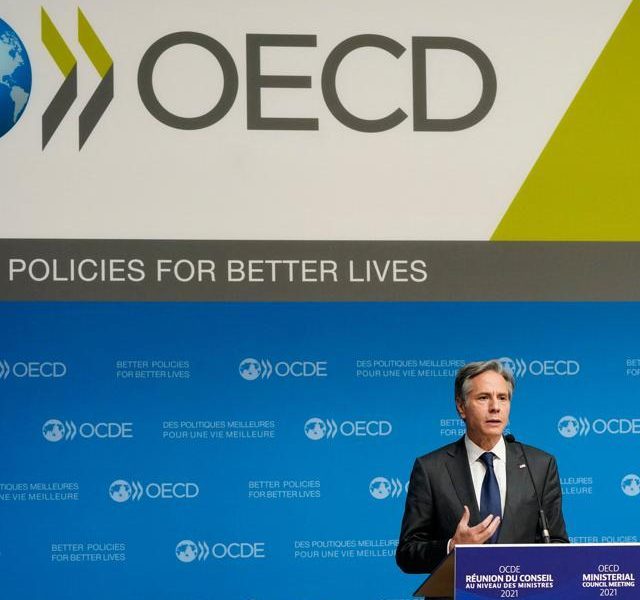By Eli Hadzhieva,
Guest Contributor.
The prominent speakers at this year’s Astana Economic Forum (AEF), organised at the futuristic EXPO Congress Centre of Nur-sultan on 16-17 May, disagreed on many issues, such as the role of the government in managing the economy or the optimal industrialisation path for developing countries but one thing was clear in the deliberations of the conference: The way to stable, sustainable and inclusive growth goes through human capital, urban centres and new business models driven by technological progress.
The Nobel Prize laureate Paul Romer set the tone for the heated debates by refuting the ‘fiction’ of minimal state, which is the main reason behind the dispute between China and the US in his view. Highlighting the importance of good governance in planning for successful urbanisation, “Planning comes before market activity and laisser-faire is not possible” Romer said.
“Now we see the power of tech firms, which are too big to regulate for governments. But this serves best for a few not for everyone and if governments are not strong enough to enforce laws, we will likely face another financial crisis”, he predicted.
Focusing on the role of populism, protectionism and nationalism on economic development, Professor of Economics of Harvard University Kennet Rogoff, emphasised that tariff reductions played an important role for trade facilitation and growth in the US. Professor Erik Reinert from Talinn University of Technology, on the other hand, called for a middle way between Manchester liberalism and Communism. “It is a matter of timing”, he stressed. “States should subsidise their manufacturing until they become competitive and then stop protecting”.
Meanwhile, Columbia University economics professor Jeffrey Sachs underlined the role of connectivity for economic development by stating: “Connecting Eurasia through a sustainable high technology network of transport, energy and communications is an important and good idea. We are on the Western end of Eurasia at the heart of which lies Kazakhstan”. Reminding that Italy already signed an agreement with the Belt and Road Initiative, Sachs said that a European-wide agreement should be reached to join the project while seeking reassurances from China to fully commit to its environmental sustainability. “This will change the whole world if 70 percent of the global population situated in Eurasia converts to renewable energy,” he said.
The Sustainable Development Goals Ambassador for the United Nations Alaa Murabit argued that the most cost-effective solution for sustainable growth would be gender equality, as ensuring girl’s education and women’s reproductive rights contribute substantially to the economy, raising national GDP by 2-3 percent. “Moreover, 90 percent of women’s income go back to their community in comparison to 30-40 percent of men’s income,” she underlined.
UN Women Deputy Executive Director Asa Regner commented, “There are large tensions in the current political climate and an increasing number of countries and NGOs oppose the gender equality agenda because of nationalism, patriarchy and religious fundamentalism, both Christian and Muslim”. “Governments shall finance gender budgeting through appropriate health, social, education and pension policies. This will reduce poverty and expand the basis for taxation in turn”, she elaborated.
Susanna Hrpetyan from the World Bank stated that human capital (knowledge skills and health people accumulate throughout their lives) is a major driver for economic growth and sustainable development, giving an example of Kazakhstan’s remarkable achievement to rank among top 10 countries in the World Bank’s Human Capital Index. “The results are higher for girls than boys. It tells about gender equality in this country”, she added.
The theme of this year’s forum, which takes place under the Davos format, is “Inspiring growth: People, Cities, Economies” and the first day also heard from the President of the IMF Christine Lagarde who spoke of an “incredible untapped resource for the region” adding that if Central Asia can harness the power of fintech, as emerging economies in other regions have done, the potential gains for the poor, women, and young people are “significant.”
“I am pleased to say that through the hard work of the government and private companies female labour force participation in Kazakhstan is now at 65% — the highest in the region and a benchmark for every country in Central Asia,” she added.
More than 50 sessions and events took place in the two-day forum, a record number for the 12-year history of the AEF, which saw the participation of students and youth for the first time.
The Author Eli Hadzhieva is a guest contributor for EU Political Report.




